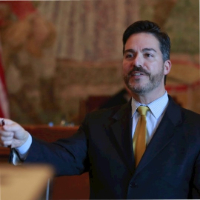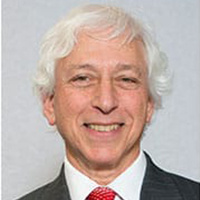Towaco Misdemeanor Lawyer, New Jersey
Sponsored Law Firm
-
 x
x

Click For More Info:
-
Cohen & Bernstein, L.L.C.
1360 Clifton Ave #309 Clifton, NJ 07012» view mapCriminal Defense We’re In this Together!
We work hand in hand with our clients to ensure all of your questions are answered and progress through your legal issue is seamless.
800-978-7341
Albert Cernadas
✓ VERIFIEDAlbert Cernadas Jr. is the former First Assistant Prosecutor of Union County and Certified by the Supreme Court of New Jersey as a Criminal Attorney. ... (more)
Joel Bacher
✓ VERIFIEDThe Law Office of Joel M. Bacher, is located in Wayne, New Jersey. For over 40 years, I have been providing legal counsel to individuals and small bus... (more)
Lindsay A. Bernstein
✓ VERIFIEDI am an experienced attorney in New Jersey with substantial experience in municipal court handling traffic matters and criminal cases. I work hand in ... (more)
FREE CONSULTATION
CONTACTAdam Seidner
FREE CONSULTATION
CONTACTAnthony John Van Zwaren
FREE CONSULTATION
CONTACTFREE CONSULTATION
CONTACTFREE CONSULTATION
CONTACT Lindsay Bernstein Clifton, NJ
Lindsay Bernstein Clifton, NJ Practice AreasExpertise
Practice AreasExpertise



